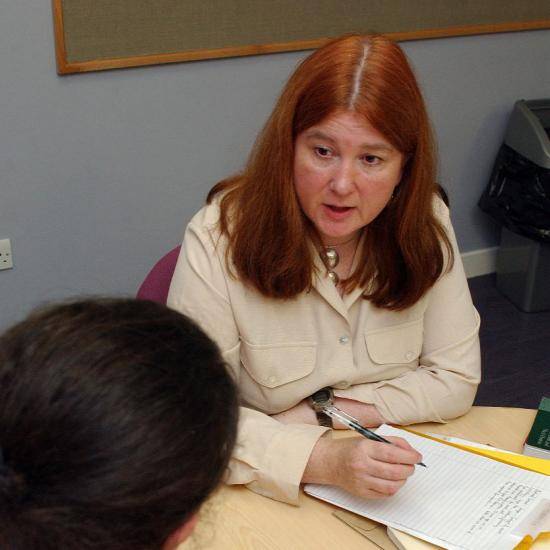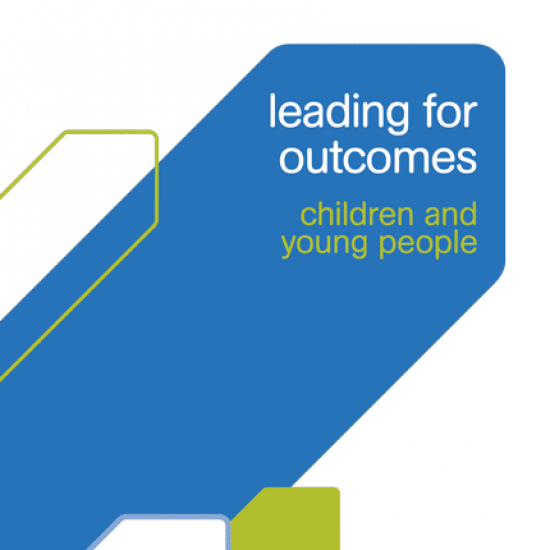Play a part in implementation of new Health and Social Care Standards
This year, Iriss is working with the new Standards for Health and Social Care Implementation Team to help test out some of the standards in practice. We are working to build an evidence base that bridges the new standards with practice in a variety of settings.









